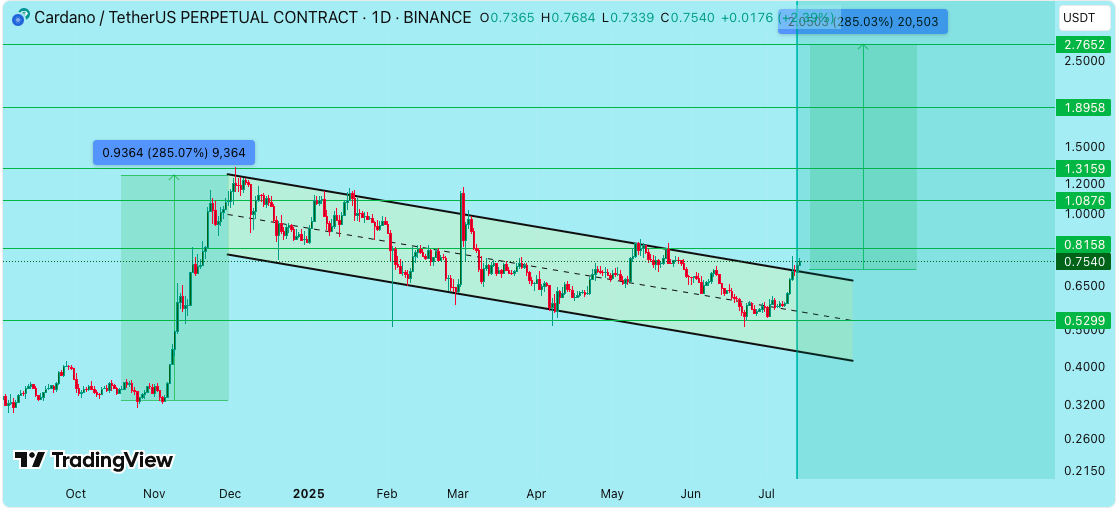The Organization for Economic Cooperation and Development recently issued important new guidance on the 15% global minimum tax that has significant implications for U.S. companies doing business abroad.
The guidance — negotiated with the U.S. Treasury Department — extends the date from 2025 to 2026 during which foreign countries can begin to impose additional taxes on U.S.-headquartered companies that pay less than 15% income tax in the U.S. The guidance also clarifies the treatment of clean energy tax credits that may be traded under the U.S. 2022 Inflation Reduction Act.
In 2021, 138 countries and jurisdictions around the world, including the U.S., agreed to impose a 15% minimum tax (often referred to as Pillar 2) on multinational companies in each country in which they do business.
While it sounds rather simple, the global minimum tax has been difficult to implement, with various countries defining income, taxes and other issues differently and imposing different start dates. Other countries, including the U.S., haven’t acted on the GMT at all.
The U.S. created its own minimum tax in the 2022 Inflation Reduction Act, called the corporate alternative minimum tax. The CAMT came on top of an existing 10.5% minimum tax on U.S. companies’ foreign income. Neither the CAMT nor the current minimum tax conforms to the OECD’s GMT.
OECD guidance addresses some U.S. concerns, but questions remain
Part of the OECD’s July 17 guidance responds to one of the Republican Party’s major concerns by extending the OECD GMT starting date by one year to 2026 for jurisdictions where the tax rate is at least 20%, giving the U.S. (where the tax rate is 21%) and other countries more time to act.
Another highly controversial issue in the U.S. is addressed in the guidance to some extent — the treatment of IRA tax credits that may be sold by renewable-energy developers and others without income tax liability.
The guidance gives some welcome clarity, providing that any gap between these credits and the purchase price likely will be the amount considered as a tax reduction for GMT purposes.
This “good news” does not apply to other popular tax credits, such as the research and development tax credit, creating a situation where companies may lose those credits when considered on a global basis. This is likely to be a major bone of contention in Congress in the next couple of years. Keep in mind, it is only Congress that has the authority to act on whether the U.S. will conform to the OECD’s GMT.
Controversy and uncertainty remain
There is significant opposition to the OECD GMT by Republicans and others in Congress who cite a recent Joint Committee on Taxation report that indicates the U.S. could lose as much as $122 billion in revenue to other countries over 10 years if the U.S. doesn’t conform its tax rules to the OECD GMT and other countries begin to implement it. In addition, there are ideological concerns. Many are opposed to the idea of ceding taxation authority to other nations.
Meanwhile, the view of some in Congress is that the administration is going around Congress and encouraging countries around the world to adopt Pillar 2, effectively forcing Congress to act. The Republican majority in the House argues that Pillar 2 adoption in the U.S. would result in a significant income tax increase on U.S. corporations, something they are against. If Congress does not act, U.S. companies would still face a tax increase in those countries in which they do business that have adopted Pillar 2, as they would face a so-called “top-up” tax in those countries. The top-up tax for Pillar 2 is part of the larger GMT plan, ensuring multinational corporations pay a minimum effective tax rate of 15% in jurisdictions in which they operate.
In fact, on July 19, the House Ways and Means Committee’s Tax Subcommittee held a hearing called, “Biden’s Global Tax Surrender Harms American Workers and Our Economy.” During the hearing, Chairman Jason Smith, R-Missouri, and others expressed their view that the Treasury had caved on the most recent negotiations with the OECD.
In short, while the July 17 guidance provides welcome clarity on two key issues, many open questions remain, and there is no clear path forward on Pillar 2 adoption in the U.S. as we approach what will be a particularly contentious election year.
Credit: Source link











